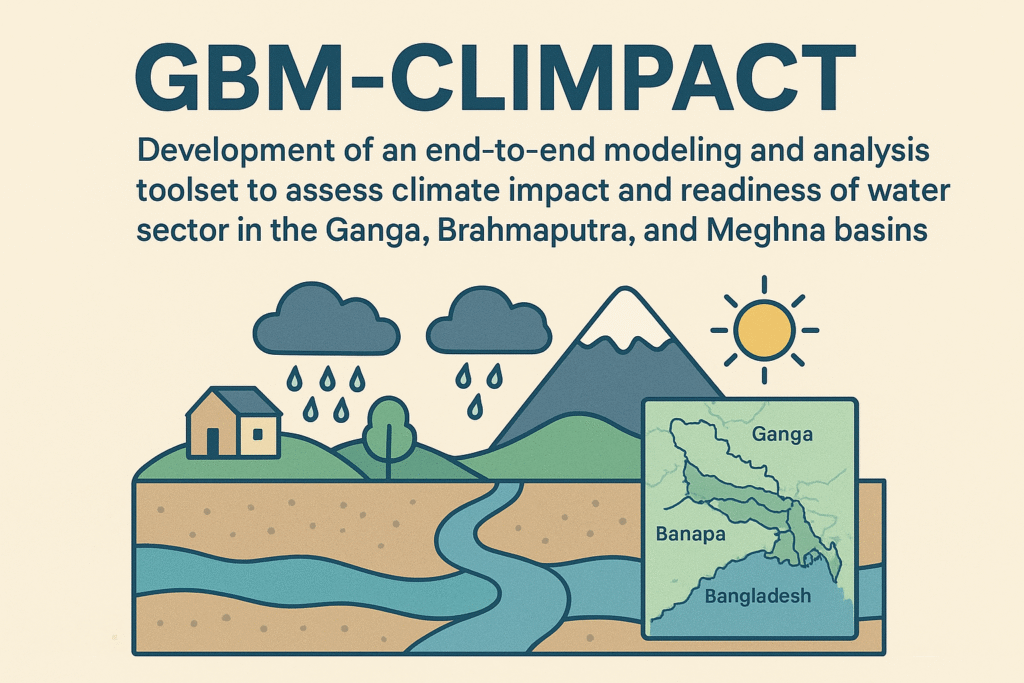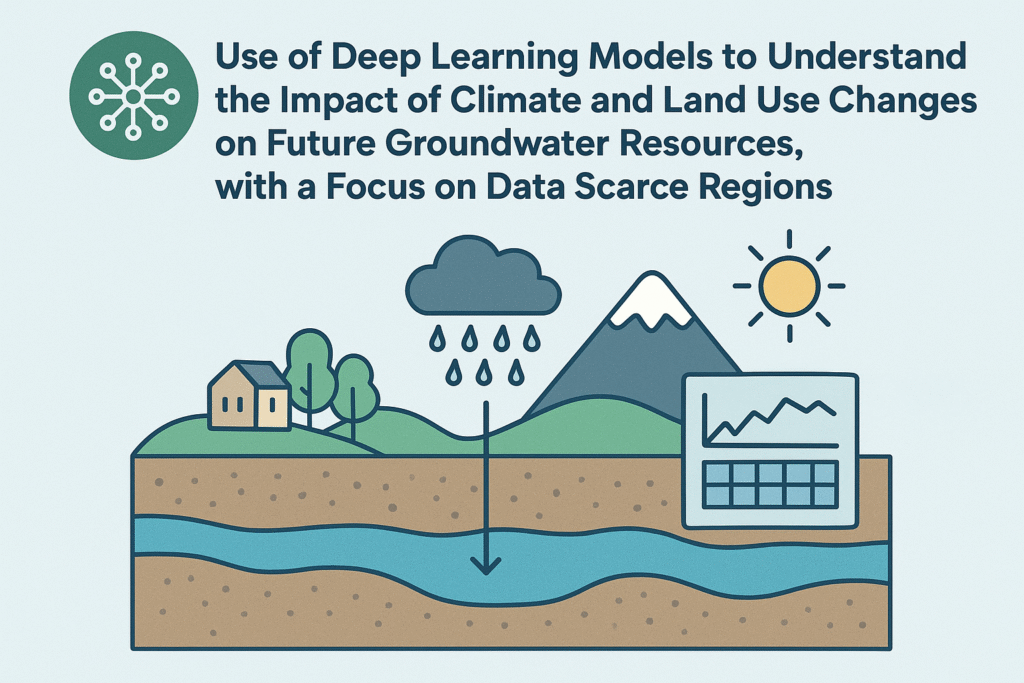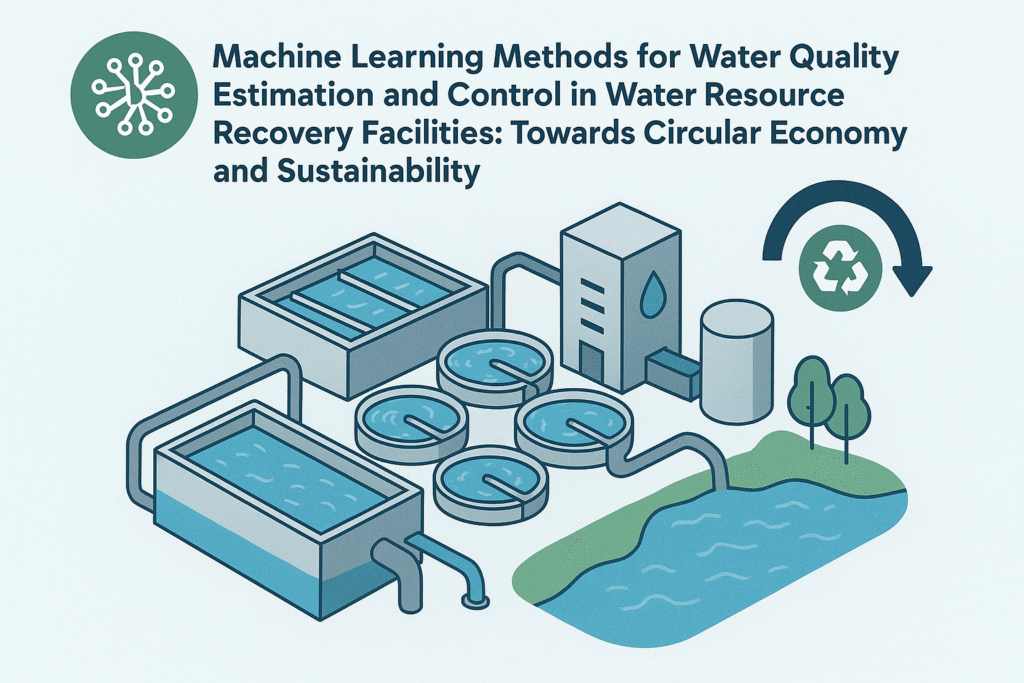ABOUT THE PROJECT
The research proposes to improve sustainability in water and energy through improved non-intrusive load monitoring (NILM). Specifically, the project aims to improve disaggregation techniques and propose a new area of cross domain disaggregation.
RESEARCH ABSTRACT
Given the limited resources of energy and water, global efforts in sustainability aim to reduce wastage and improve utilization. In recent times, one of the key elements to improve sustainability in water and energy has been the topic of non-intrusive load monitoring (NILM). The goal of NILM is to identify the energy and water consumption at the appliance level, so that wastage can be identified and hence prevented. The de facto technique for NILM is signal disaggregation – it aims at segregating the water/energy consumption of individual appliances given an aggregate reading from the smart-meter. This is a highly challenging problem since there are multiple appliances attached to a single smart-meter.
We propose to tackle several problems in this area:
- We will improve disaggregation techniques by leveraging ideas from deep learning.
- We propose a new area – cross domain disaggregation. Many a times, only the aggregate smart-meter data is available without any information regarding the appliances attached to it, which raises the question – how do we disaggregate?
- We propose a less intrusive and less expensive training phase for disaggregation problems. Currently, in the training phase, the data from every appliance need to be logged by its individual smart-meter. This is highly intrusive and expensive for large buildings. We propose to learn disaggregation from the aggregate smart-meter reading and state information of the device only.
- We will create a comprehensive set of standards and guidelines that documentation best practices used for the disaggregation industry and for testing disaggregation hardware/products.
Project Team
Dr. Ivan Bajic, Simon Fraser University
Dr. Angshul Majumdar, IIT Delhi
Partners
Simon Fraser University
Indraprastha Institute of Information Technology, Delhi
Zenatix



